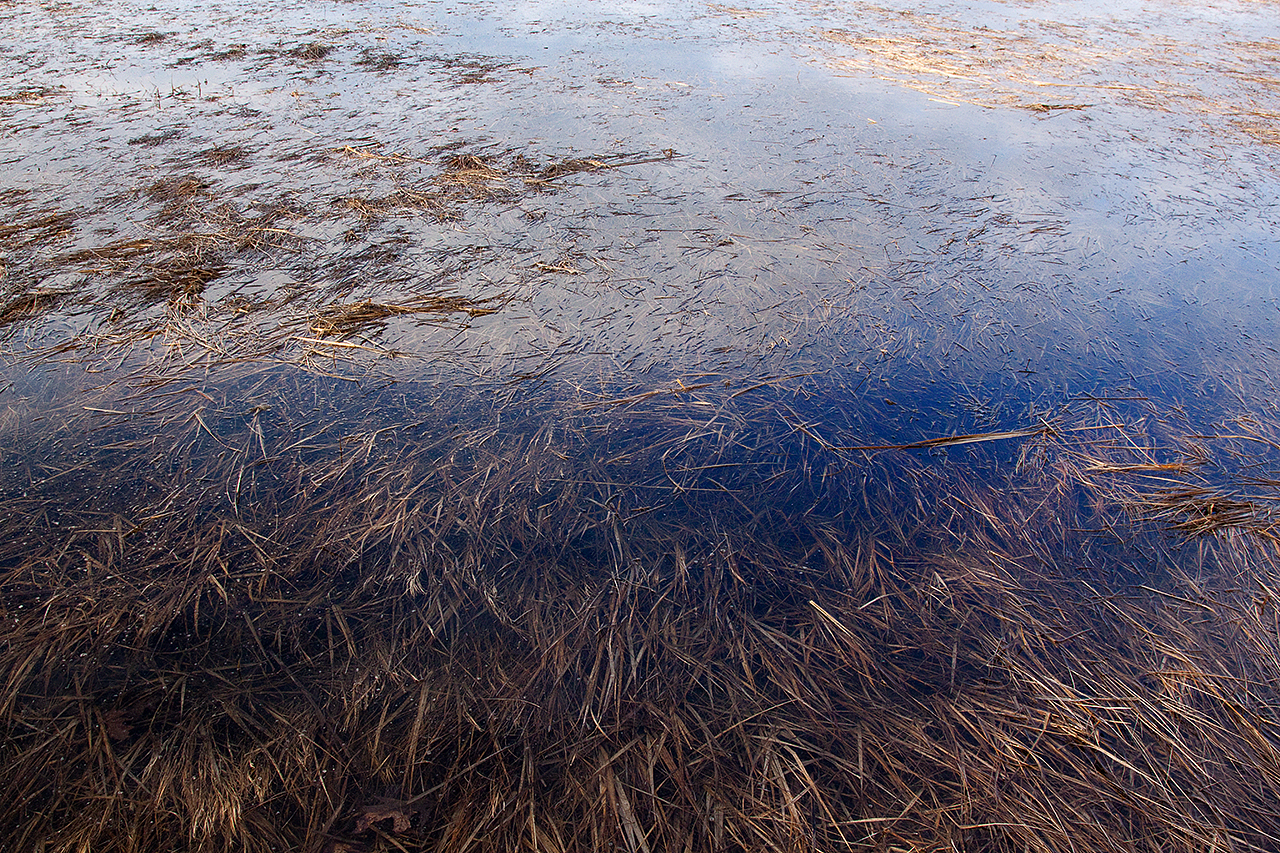Growing up and living on the North Shore of Massachusetts, tidal marshland in Ipswich, Essex, Newburyport, and the coastal region in general: the Atlantic, the movement of the tides, it resonates.
I grew up going down the Essex River almost every weekend with my family. We'd hope it the boat, cruise downriver, and most of the time end up on the backside of Crane Beach. We'd spend almost every weekend swimming, playing on the beach. Later, as a teenager, I started hunting ducks with my father "downriver", but I stopped hunting for over 10 years as my school and travels brought me out west. When I moved back east I worked on a radio documentary with my dear friend Ashley; photographing the landscape to accompany a slideshow and live listening party. You can listen to it over at http://essexriverproductions.org. It was a fine piece of radio journalism, but I'm afraid my own interest in the project wasn't as serious as Ashley's. I made some pictures, but they weren't that great, and weren't really congruous with the story. But now...
Two or three years ago I picked up waterfowl hunting again. Almost every Saturday (no hunting on Sundays!) during hunting season, I'm downriver hunting the great American Black Duck. It's a fool's enterprise, really. You're allowed to kill one duck per day. And if the weather's not just right, you won't see any anyway. We spent probably six or eight hours for every duck harvested this past season. That's time spent in pre-dawn winter hours loading up a tiny boat, navigating the winding estuary, sometimes in blinding winter white-outs, in the dark, with layers of heavy waterproof camouflage to go and sit... Again in sub-freezing temperatures. Sometimes you don't even see any ducks. You just sit. Sometimes you talk, sometimes you sit in silence. Occasionally a duck or two will fly your way and you'll take a shot. If you are any good, you'll get your limit of one and that'll be it. Often times I would just scare them...
So. What?
Well sitting out there, walking out there... Most of the time it's just waiting, watching, observing, listening, experiencing the landscape. Rarely another hunter or clammer will be out. Rarely a duck or two will fly by. A field mouse might show up, flushed by the rising tide. If the weather's nice, a kayaker, oblivious to the cold, might paddle by. And every single time I'm out there, I wish I had my camera. After hunting season was over, that's exactly what I started doing.
I've been out almost every week, trying to capture the landscape. And that's where the first hints of the complexity of the place start to crop up. One of the main issues that has come up in grad school critiques is my ignorance of historical and contemporary art movements, and for that matter, ignorant of any critical thought surrounding my own work... Devoid of commentary, and not challenging enough. Perhaps just not entering into a dialogue at all. I've been working hard to amend all of these things. One thing that I've been interested in is the "Male Gaze" and how it applies to my own work. As someone who is unequivocally a member of the privileged class of white hetero men, how do I address an issue like this? Perhaps just being aware of it? When I say the word "Capture" in regards to a landscape image, I must be aware of the movement of Western Expansionism photography and the effort of early "pioneers" who in a very real way captured and destroyed the land and Native American culture.
A few weekends ago I visited The Art Institute of Chicago and viewed this image by Carlton Watkins:
The image is beautiful; however, placed in the context of Western Expansionism critique, I find it impossible to view it purely as an aesthetic object. So how then to view it?
How then, to discuss my own work where I am out to "capture" the land? If I am not out to destroy or harness the land, am I using the wrong word? Another verb perhaps? I like the word capture precisely because it acknowledges this history.
Or how about the simple, but important trope of man's influence on the landscape, explored diversely from the New Topographics photographgers to contemporary artists like Greer Muldowney and Deborah Bright. Much of my landscape work up until now is about eliminating visual context. The idea of shooting photographs of "ruin-porn" or shiny modern architecture isn't my idea of fun. This is very interesting to me, but I don't think I'm going to be making that kind of work.
Let's wrap this thing up shall we? Here's an idea I had while looking at some recent pictures I made in the Marsh. A question really. How narrow of a view do I have to present to see an image of a seemingly unaltered landscape? The image below reflects a view I've been noticing in a lot of my work, that is a view that is almost deliberate in its reluctance to see beyond the natural. This is interesting to me. This is compelling. It feels like it considers and acknowledges all of the things I want to address, yet remains authentic to my voice and aesthetic pleasure. This is but a beginning. I most emphatically do not present this as anything like a finished piece, but I do say that this is a response to that question.
Untitled. Essex Marsh. 2013
This also marks the beginning of a collaboration with artist and dear friend Jeremy Miranda. More on that later, but I am very exciting to be working with him.
Well, that's it for now. On March 30th I'm planning to make a video from sunrise to sunset, in real time, on the marsh in Essex. There are some more pots on the fire and I hope to share them with you soon.

